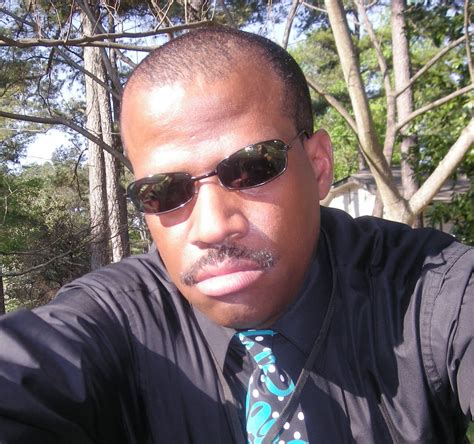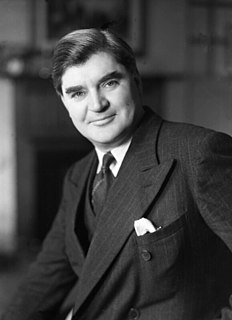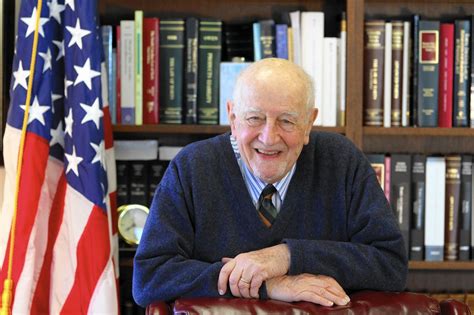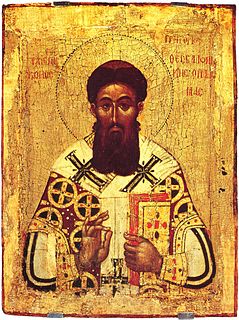A Quote by Paul Wellstone
The first task in teaching is to bring to consciousness what the students already believe by virtue of their personal experiences about themselves and society.
Related Quotes
The themes that run through all my work are that consciousness is the ultimate reality; and that by understanding consciousness, you understand everything about yourself, about perception, about creativity, about behavior, about relationships. By understanding consciousness, you have the ability to create anything in your world. And you have the ability to influence also the collective consciousness to not only bring about personal healing, but social transformation, and ultimately healing our planet, which happens to be extremely wounded.
To us, to the everyday teachers of everyday students, neither of whom is writing the book of the universe but who both have their fullest life only when they align themselves with its truths, working out our own commitment to and our own vision of agape, in however homely or personal a form, is a life long task that both guides us in our teaching endeavors and honors those endeavors at the same time.
Now, the vicissitudes that afflict the individual have their source in society. It is this situation that has given currency to the phrase social forces. Personal relations have given way to impersonal ones. The Great Society has arrived and the task of our generation is to bring it under control. The study of how it is to be done is the function of politics.
The 'phenomenal concept' issue is rather different, I think. Here the question is whether there are concepts of experiences that are made available to subjects solely in virtue of their having had those experiences themselves. Is there a way of thinking about seeing something red, say, that you get from having had those experiences, and so isn't available to a blind person?
The governors of the world believe, and have always believed, that virtue can only be taught by teaching falsehood, and that any man who knew the truth would be wicked. I disbelieve this, absolutely and entirely. I believe that love of truth is the basis of all real virtue, and that virtues based upon lies can only do harm.


































